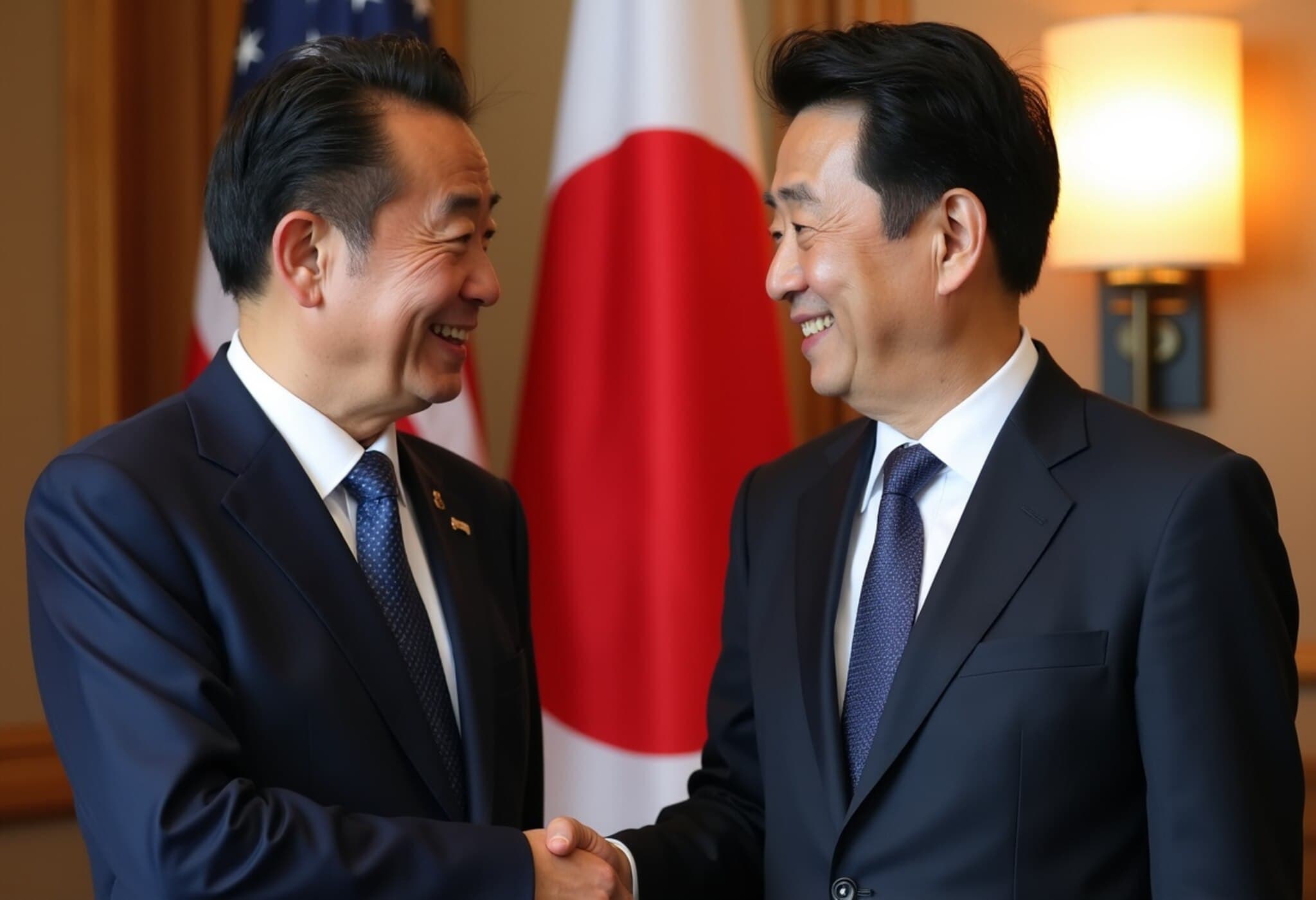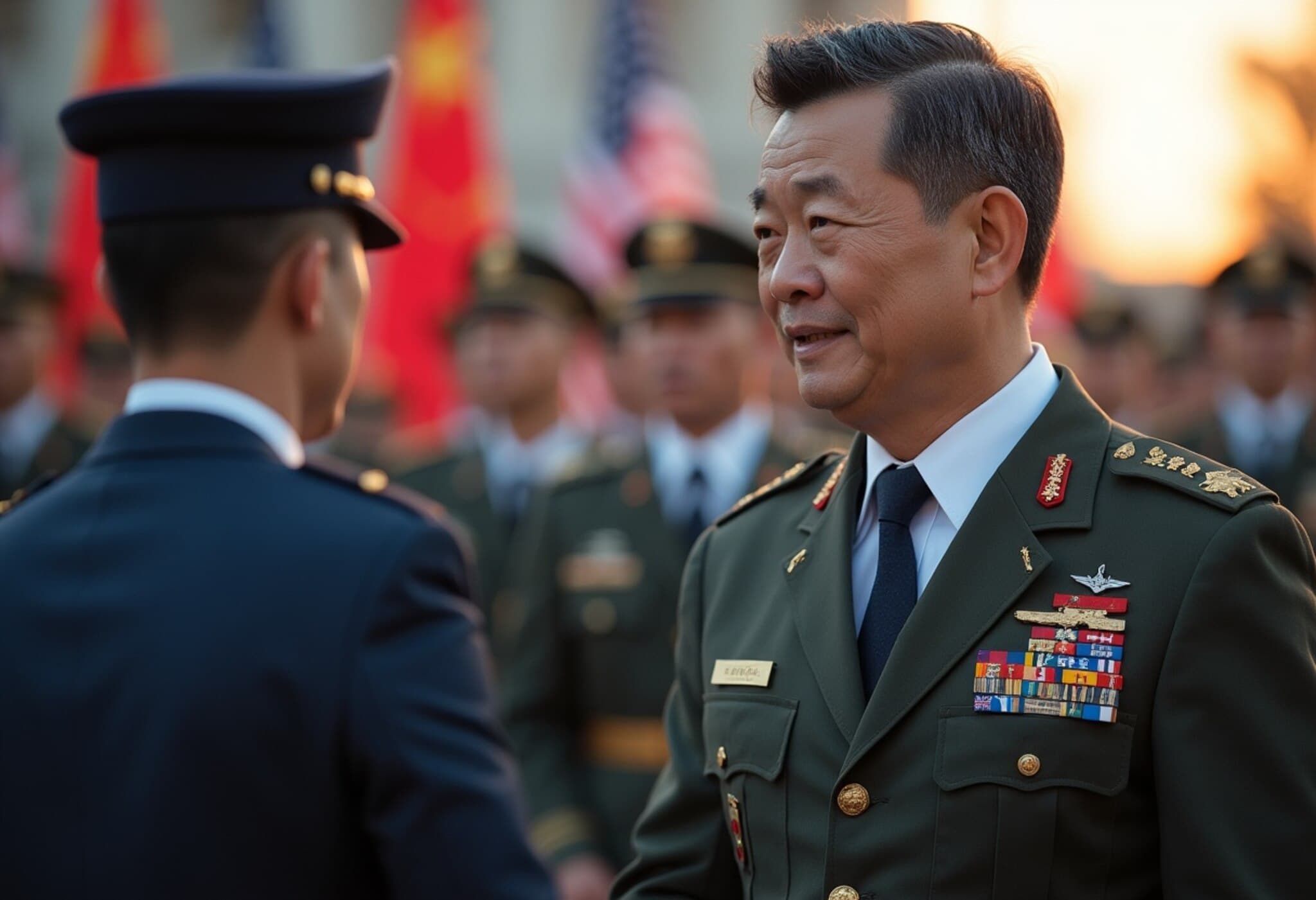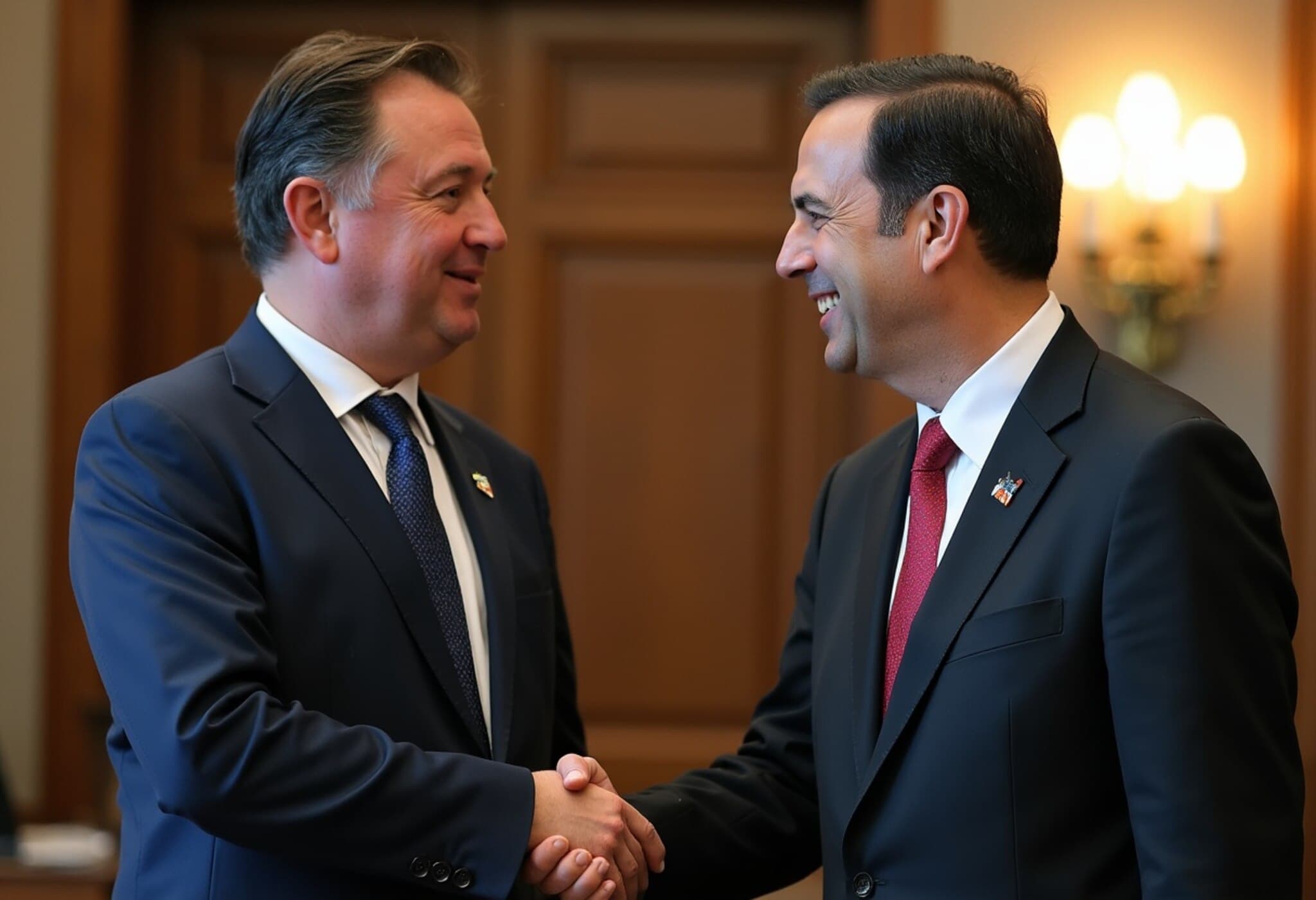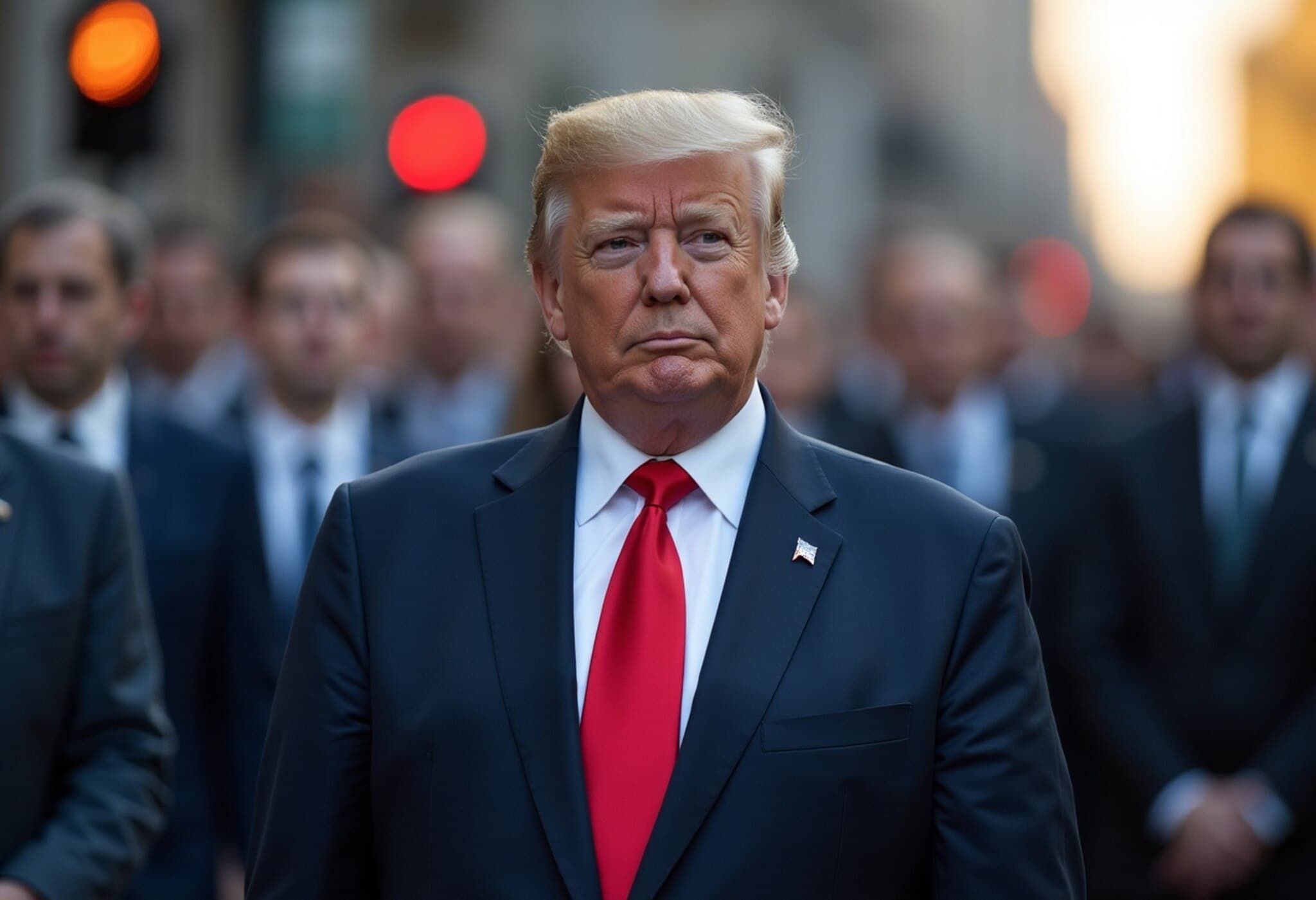UK Confronts Rising Security Threat from Iran, Report Reveals
The United Kingdom now finds itself grappling with an expanding and multifaceted security threat from Iran, one that experts describe as comparable in scale and severity to the well-documented risk posed by Russia. This sobering assessment comes from the latest findings of the UK Parliament’s Intelligence and Security Committee (ISC), shedding light on Iran’s aggressive tactics aimed at undermining UK security both cybernetically and physically.
Parliamentary Intelligence Committee Unveils Stark Warnings
Released in July 2025, the ISC’s report reveals that the UK is a high-priority target for Iranian operations, trailing only behind the United States and Saudi Arabia in the scale of these threats. These operations encompass a broad spectrum: from state-directed hackers launching cyberattacks against critical infrastructure, to orchestrated acts of intimidation and assassination attempts targeting Iranian dissidents residing in the UK.
According to the report, the UK’s financial and petrochemical sectors are especially vulnerable to Iranian cyber intrusions—raising alarms about potential disruptions to vital national and global economic networks. The ISC identifies that threats span from sophisticated state cyber operatives to loosely affiliated individuals motivated by profit or ideological alignment with Iranian objectives.
Escalating Threats Against Iranian Dissidents in the UK
One of the most troubling facets of the report details Iran’s campaign of intimidation against dissident communities within the UK. This includes physical threats and assassination plots aimed at critics of the regime, notably journalists and Persian-language broadcasters whose courageous coverage of events such as the nationwide protests following Mahsa Amini’s 2022 death in custody has drawn Tehran’s ire.
Data from the Home Office shows a sharp uptick in such threats, highlighting the transnational reach of Iran’s security services and their willingness to act on UK soil—challenging traditional notions of sovereignty and state security.
Policy Shortcomings and Calls for Strategic Reform
Critically, the ISC report does not restrict its focus to immediate security concerns; it also offers candid critique of the UK government’s current Iran policy framework. The report describes existing efforts as reactive, overly focused on nuclear negotiations, and insufficiently equipped to address the broader spectrum of Iranian hostile activities.
Bureaucratic inertia and lack of regional expertise plague policy development, with one insider bluntly noting, "If you have people running policy in the Foreign Office who don’t speak a word of Persian, that is a fat lot of good." This gap hampers the UK’s capacity to craft informed and proactive countermeasures.
Legal Complexities in Addressing Iranian State Actors
The report also tackles the thorny issue of labeling Iranian state bodies as terrorist organizations under UK law—a step complicated by the potential political and diplomatic fallout. The Islamic Revolutionary Guard Corps (IRGC), for instance, is a significant power center within Iran, encompassing roughly a quarter of the cabinet. Designating it or other state entities as proscribed groups poses significant challenges both legally and diplomatically.
Use of Proxy Networks and Asymmetric Warfare
Iran’s modus operandi, as the ISC underscores, involves leveraging proxy groups—including militant organizations, criminal networks, and freelance cyber actors—to conduct deniable operations. This strategy enables Tehran to exert influence and deliver blows while avoiding direct confrontation or overt attribution. Such tactics pose a unique challenge for UK intelligence and law enforcement agencies, requiring nuanced responses.
Recent Security Operations and Government Response
Since 2022, UK security services, led by MI5, have thwarted approximately 20 Iran-linked plots that threatened British citizens and residents. This proactive defense underscores the seriousness and immediacy of the risk Iran represents.
The UK government has responded by placing Iran and its key intelligence agencies—including the IRGC and Ministry of Intelligence—on an enhanced tier within the foreign influence registration scheme. This regulatory step mandates that any individuals acting on behalf of these entities in the UK must register their activities or face imprisonment of up to five years.
Expert Commentary: A Complex Security Landscape
Kevan Jones (Lord Beamish), Chair of the ISC, emphasized the multifaceted nature of this threat: "Iran poses a wide-ranging, persistent, and unpredictable threat to the UK, UK nationals, and UK interests. Its intelligence services are ferociously well-resourced and unapologetically bold in their global activities. Coupled with their use of proxies, they wield a powerful, deniable threat that challenges traditional security paradigms."
Security Minister Dan Jarvis added that the Iranian regime’s targeting of dissidents and media outlets is a deliberate tactic to silence dissent through fear and intimidation. He also highlighted a troubling pattern of international targeting of Jewish and Israeli individuals, further complicating the security calculus for the UK.
Implications and Looking Ahead
This parliamentary report delivers a crucial wake-up call—not just for government policymakers, but for the wider public and private sectors that underpin national security and economic robustness. As Iran continues to expand its asymmetric warfare capabilities and proxy networks, the UK faces the pressing task of adopting a more comprehensive, linguistically nuanced, and strategically farsighted approach.
Failure to evolve beyond a narrowly nuclear-focused policy could leave the UK increasingly exposed to covert operations, diplomatic subversion, and violent acts on its soil. Equally, balancing diplomatic engagement with firm legal measures, including the proscription of state bodies where appropriate, will be essential to projecting resilience and deterrence.
Editor’s Note
This report underscores a growing geopolitical reality: Iran’s strategic threat is no longer confined to its region but extends deeply into Western countries, including the UK. The blend of cyber warfare, proxy conflicts, and direct intimidation challenges traditional security frameworks, highlighting an urgent need for adaptive policymaking and stronger intelligence collaboration.
Readers should consider how this evolving threat landscape influences the broader context of global diplomacy, counterterrorism, and civil liberties. What balance should democracies strike between security and openness when confronting such complex, multi-layered adversaries? The UK’s response could set important precedents for allied nations facing similar challenges.


















